Over 30 Best Gardening Tips for Success
Want to learn how to start a garden? Check out these amazing gardening tips below! This is the time of year when I am getting ready to plan and prepare for my garden this summer. There are a lot of things that go into growing a vegetable garden successfully. Today I want to share some of the best gardening tips as well as some you may not have thought of to get the most out of your garden this summer.

Are you getting ready and want to learn how to start a garden? Well I have some great tips. Now, there are a few things you can do in the fall to help prepare your garden for the upcoming season. Let’s talk about what you can do in the fall to prepare and things you can do overall to get the most out of your garden.
First lets talk about general vegetable gardening tips that all of us should consider:
Gardening Tips
Check out over 30 amazing gardening tips below!
Get to Know Your Space
Before you begin planting a garden you need to pick a space. You also need to know about this space. There are many variables in picking the right spot. How much sunlight does it get? Does it get any reflective heat? Is it near water? What about whether it is in a flood zone? There are many things to consider. Also, make sure to get a soil sample, so that you know if your soil is alkaline or acidic.
Start Small
If you are just starting a garden, start small. Maybe start with a small container garden on your back patio, or add a raised garden bed. Don’t get over your head. Start with something you can control and can be comfortable taking care of. Nothing like starting off with an acre sized garden your first year!
Make a Plan
Every spring I make a plan. I make a list of all the veggies I want to grow. I then draw up the plot that we use for our garden and I lay out everything. I often rotate certain veggies to prevent disease. I also do this if I found that something did not grow good in a certain area. There are many factors to this.
Learn How to Plant
There are certain things to know when planting plants or seeds. There are recommended depths, as well as distance between each plant or seed. Also know how to dig your hole, and how to fill it in, making sure to compact your soil just enough. You also want to make sure your plant roots are fully submerged in the soil. Its not complicated, but you want to do it right.
Plant Where the Sun is Shining
This seems like an obvious tip, but often times you may not realize an area gets a lot of shade in the afternoon. I have an area that is shaded by some larger trees which I did not realize at the time we started growing plants. You will need full sun for your edible plants.
Some plants like the shade, like broccoli, lettuce, and kale.
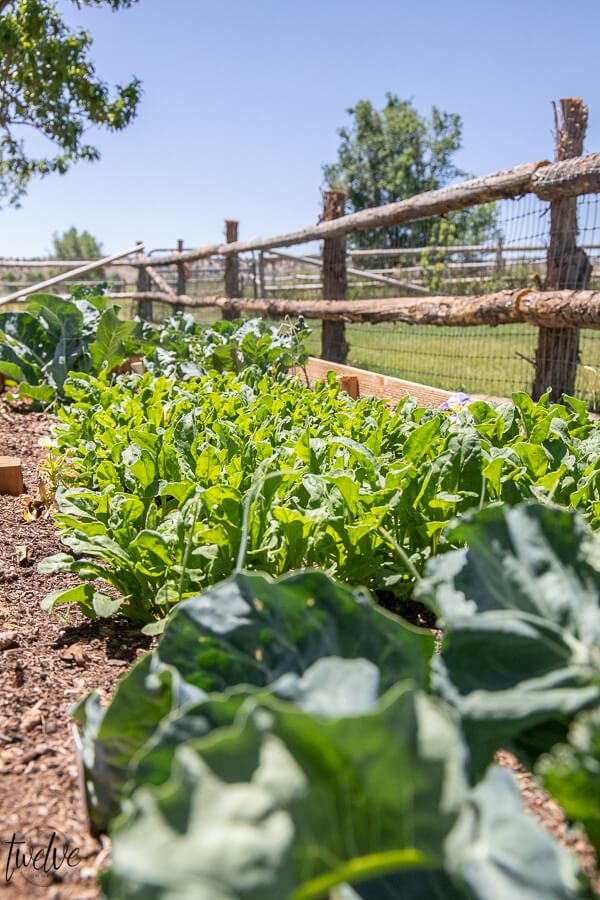
Grow Things You Actually Like
This is something I made an error in doing for the first couple of years. I grew all the things I thought I should grow. But, we never enjoyed them. Grow the things you love! One thing we do is grow a ton of tomatoes, but get this…we do not like fresh tomatoes(I know, I know gasp!). But, I do make canned spaghetti sauce, tomato sauce, salsa and so much more! So, know what you want to use it for.
Want it now? Focus on Leaves, not Fruit
Are you wanting a garden now? Plants that provide fruits and vegetables such as pumpkins, tomatoes and others take a lot of time. But you can easily plant lettuce, spinach, kale, and others with a faster harvest. Cabbage os one of the leafy veggies that takes a longer amount of time.
Know What Your Zone Is
You zone dictates the area that you live in. It takes into consideration your elevation, weather and more. It is important to know this so that you do not plant things that will not grow in your area. Some areas have a shorter growing season and some longer. Certain plants need a longer growing season to mature. It will be a waste of your time if you do not plan this right.
Companion Planting
This is something I do. Certain plants grow better with certain plants. Such as carrots and chives(chives supposedly make carrots sweeter), peppers and onions are good together, Certain plants need specific minerals and if you plant a couple together that all require that one mineral, they will deplete the soil and they will both struggle. Most plants have friends and foes. So make sure to check that out. Check out this companion planting guide here!
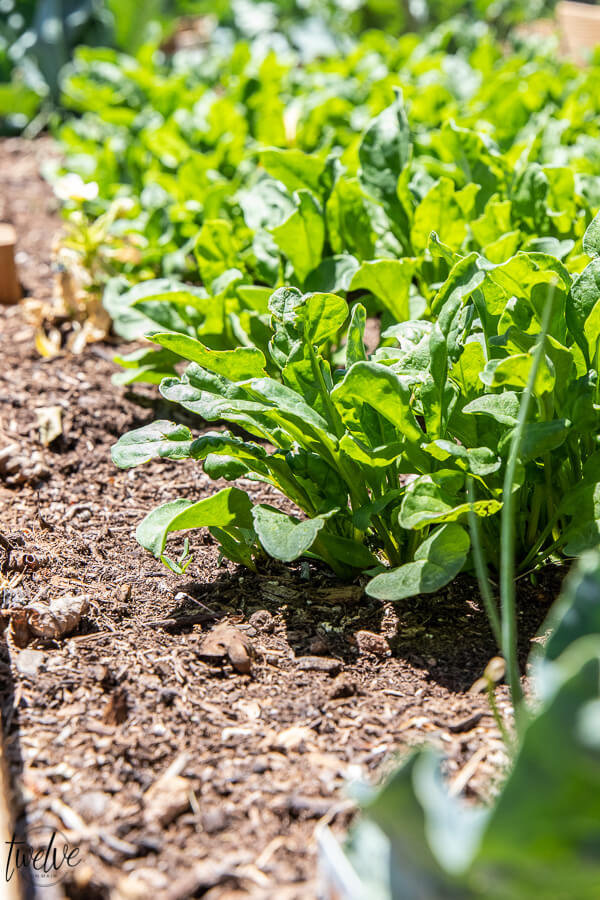
Transplanting Plants? Keep the Soil Consistent
Are you transplanting plants? Make sure that your soil is consistent so that you avoid a large shock. Plants will usually go into shock when they are transplanted. You want to make sure that you prevent it as much as possible.
Eat Your Plants When They Are Ready
Now this may seem obvious, but dont let them sit! Pick them at the height of freshness.
Dont Water the Leaves
Watering the leaves can rot the plant. You need to water the base of the plant. Directly into the soil.
Its Okay if You Fail
Be kind to yourself. if you garden does not thrive, if you kill off some of your plants, or if you simply struggle, its okay! Gardening is forgiving. You can retry and fix things and adjust as you grow and learn.
Remember Perennials Take Time
There are certain veggie plants that take time, even a couple of years. Most plants are annuals, like peas, beans, and carrots. Some, like asparagus and artichoke are perennials and take a couple of years to establish any kind of crop. Be patient.
How Long is Your Growing Season?
This will depend on the area you live in, the climate and the altitude. There are certain plants that need a longer growing season, which means a more temperate climate. Places like Alaska generally have quite a short season, while more southern areas have longer growing seasons. We do not have a long enough growing season for things like melons, but most of the other vegetables do great in our season.
Control Those Weeds
Weeds can very very quickly take over an entire garden. This is a problem because they take the water and nutrients that the plants need! They grow faster than your plants as well. They will choke out your plants and your plants will end up struggling and dying. Keep on top of your weeks by using weed barrier, lay down cardboard, or do it the old fashioned way. Pull them and do it regularly so that they dont get out of hand.
Feed Plants Regularly
I like to fertilize my plants regularly. I like to use an organic fertilizer to keep my plants as clean as possible. It is beneficial to regularly feed your plants because as you water and the plants grow they need more nutrients that they sometimes cannot get from the soil.
Stay Close to Water
Make sure you have access to a water hookup near your garden. This makes life so much easier.
Save Your Fall Leaves/Grass Clippings/Mulch
When cleaning up leaves or lawn clippings save them to use as mulch in your garden beds. They provide a great source of Nitrogen and help to retain moisture in your soil. As they break down they also help enrich your soil.
Consider Using Containers or Raised Garden Beds
If you do not want to tear up a large part of your ground, or maybe you don’t have anywhere that you want to or can. Try using some containers or add a raised garden bed. You can find ones that are movable, or build something like we did here!
Learn Your Last Frost Date
This is important to know. In our area, we keep an eye on frost dates because this is when we choose to pull everything from the garden before the risk of being frozen. Our tomatoes usually take longer to ripen so the longer on the vine the better. But, I have to be aware of the frost because I could unknowingly ruin a whole crop of tomatoes I have worked so hard for all summer.
You can also apply a row cover to protect your plants for just a bit longer, but make sure to keep an eye out and be prepared! We often use sheets to protect our plants.
Clean Up Dead Plants
If you have a plant die, remove it. This is key just in case there was a disease or blight. You do not want to risk contaminating the other plants.
Apply A Trellis
This can helpful when you are out of space. Add vertical space. Trellis your tomatoes, pumpkins, cucumbers, squash, peas and green beans. Any vine plant does great being trellised.
Pest Control
Pests. They are the bane of my existence. There is a delicate balance in the garden. There are certain insect pests and bugs that are good and others that can decimate an entire harvest. Also keep an eye out for deer, rabbits and moles! Those are the ones we mostly deal with in our garden.
Make Use of Compost
We compost our chicken and goat manure as well as other organic matter. It is beneficial to our soil and keep things growing great. You can start your own small composting plan easily!
Don’t Be Afraid to Prune
This was something I did not do for a long time. Yes in the garden, on fresh, live plants there are certain things you can do to keep your plants growing and allow them a good harvest. Tomatoes have “suckers” that grow that can be snipped off allowing the plant to focus on the blossoms and vines already established. This is also something you can do for pumpkins and squash plants. You can get larger fruits and veggies instead of a lot of small ones.
Enjoy Your Garden
I have set up some areas in my garden where I can sit and relax when I have a minute. Its important to me to not only have a garden that produces but one that I can enjoy. There us nothing better than spending some quality time outside enjoying the area. Set up little nook where you can sit and read or hang a hammock somewhere.
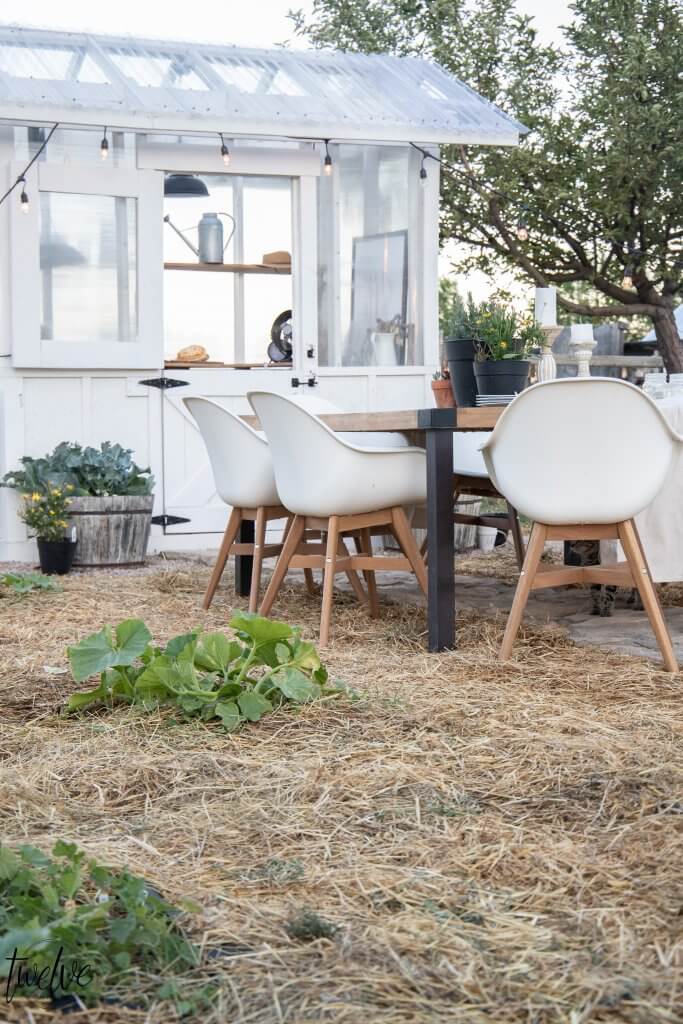
In the Fall, Add a Layer of Organic Material to the Top
When all the plants have died off in the fall, first we remove them. Anything left over we let the goats have. They spend a couple weeks enjoying the leftover plants in the garden. Its a win for me because the fertilize as they go and it has all winter to break down.
The next thing I do is to cover with a layer of organic material such as straw or leaves. This will start to break down over the winter. This is especially helpful if you are wanting to keep carrots, garlic or radishes through the winter. You can cover with a thick layer of straw and you can have fresh carrots through the winter.
Plant a Cover Crop
Another great thing to do is to plant a cover crop in the off-season when you aren’t using the garden. This can be a good way to add nutrients to your soil.
Have a Greenhouse
This goes without saying! If you want to take control of your garden, get a greenhouse! Check out our greenhouse here! You can even get the building plans too!

I hope you enjoy these gardening tips and I look forward to hearing from you! Take the steps, plan it out and get yourself a garden this year!
More greenhouse ideas here!
Below are some great posts that I have found that you can check out!

Organize Your Garden Shed | The Navage Patch
How to Square Foot Gardening | Premeditated Leftovers
How to Grow Yours Garden Greener | Urban Naturale
Make Your Garden a Bee Haven | Comfort Spring Station

Organization for Gardening Tools | Sadies Season Goods
Decorate Your Summer Garden This Year | Urban Naturale
Farmhouse Flower Garden Favorites | Hello Farmhouse
Best Flowering Shade Plants | Hello Farmhouse


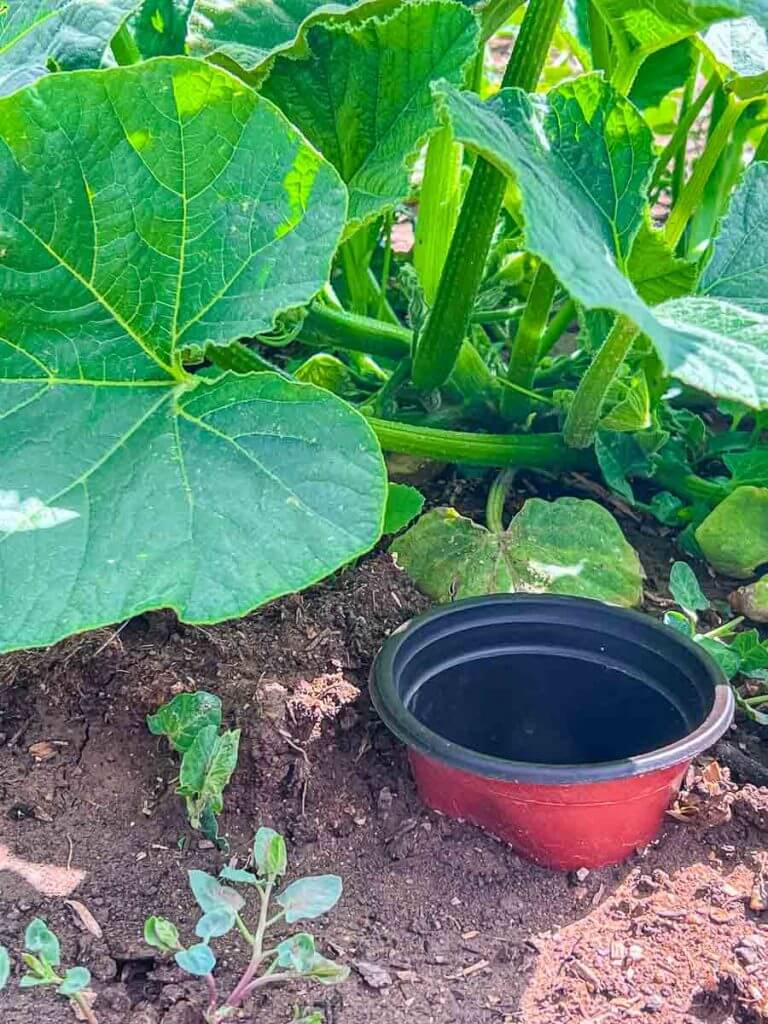
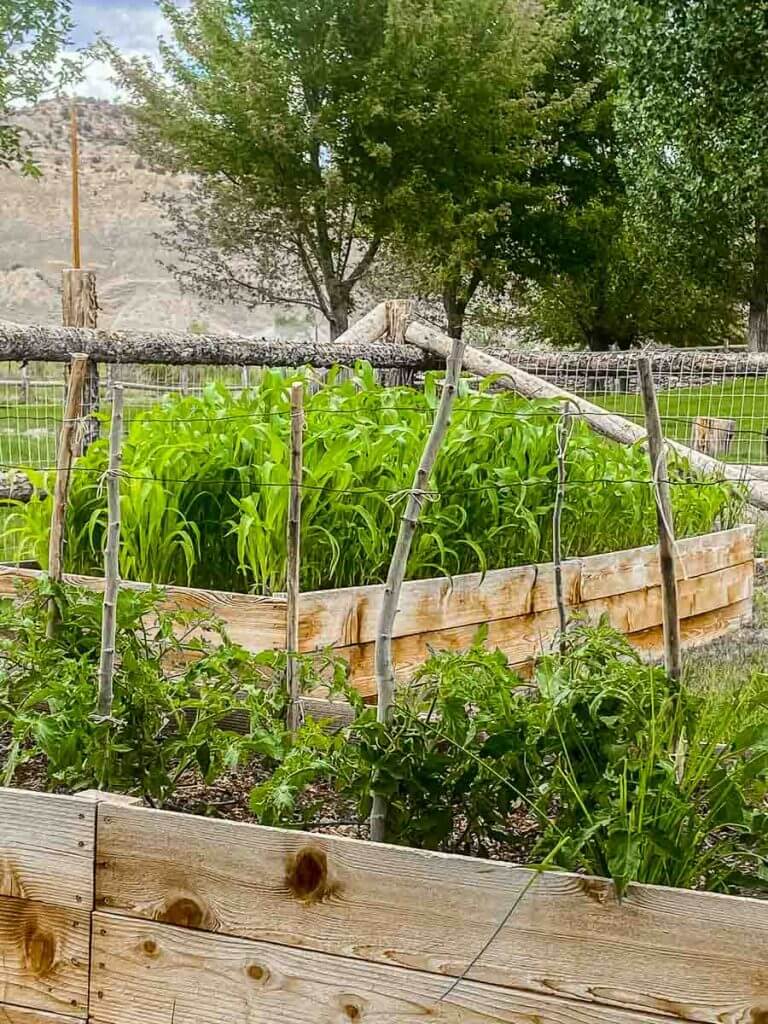


Love these picks, Sara! And thank you so much for the features!
Awesome resource! Thanks for sharing this, I know how it feels to have gardening take over your life lol